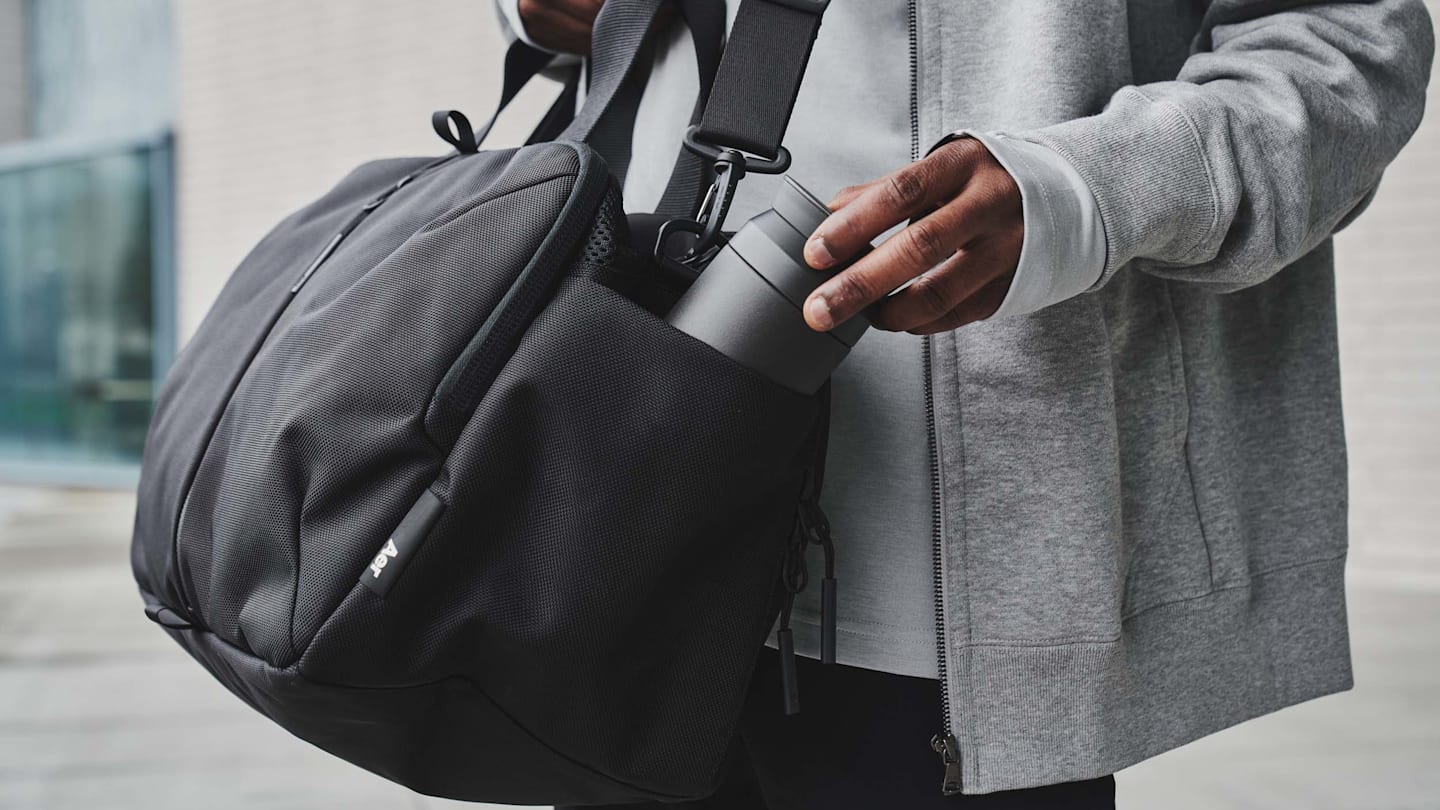Jobs
Footsteps to Follow: Faith and politics

Mary was a member of a previous church that I served, and any time a political conversation began, she would say the same thing: “It’s not polite to talk about religion or politics in mixed company.”
For Mary, talking about religion and politics together was particularly inappropriate.
The reality is I have to talk about religion. I am a pastor. It is part of the job. For the most part, I don’t talk a great deal from the pulpit about politics. While some folks wish I would talk more about politics, I find that what they really mean is they wish I would talk about politics from a perspective they agree with. When folks say that pastors should stay out of political conversations altogether, it is often because the pastor would likely approach a question from a different political position.
But something has changed over the last several years. And that is the fragmentation of our culture and, in many ways, the church over our inability to speak about politics in any meaningful way, especially in hearing from a viewpoint that may be even remotely different from our own.
I recently preached some messages on the intersection between faith and politics because of this growing divide in our nation, our communities, and even in our churches.
Because I am a pastor in one of the traditions that calls John Wesley a spiritual father, I have been shaped by something written in his diary 250 years ago this October.
“I met those of our society who had votes in the ensuing election, and I advised them: 1. To vote, without fee or reward, for the person they judged most worthy; 2. To speak no evil of the person they voted against; and, 3. To take care their spirits were not sharpened against those that voted on the other side” (Journals of the Rev. John Wesley, October 6, 1774).
I care deeply about issues of political leadership, which flow from my biblical convictions and understanding of ethics that I read and hear and see in Jesus. I take seriously the importance of exercising the right to vote, which for many has been long fought for and even more precious. I believe that, though my ultimate allegiance is to Jesus and the kingdom of God, how I engage the system of democracy here and now matters for my sake, and for the sake of others — especially the most vulnerable among us.
I also believe that my faith teaches me that we can “disagree politically and love unconditionally.” To help me do that, I commit in this and every political season to do the following, which I learned from a book by Andy Stanley called Not In It To Win It: Why Choosing Sides Sidelines The Church: Listen to people who don’t experience the world the way you do. Be a student, not just a critic. Learning doesn’t mean that we will change our stance. But it may. Never burn a relational bridge over a political view.
One more quote from John Wesley to end: “But although a difference in opinions or modes of worship may prevent an entire external union, yet need it prevent our union in affection? Though we can’t think alike, may we not love alike? May we not be of one heart, though we are not of one opinion? Without all doubt we may” (Sermons On Several Occasions, 1771).
May it be so.
Rev. Larry L. Leland Jr., Faith United Methodist Church, Montoursville










